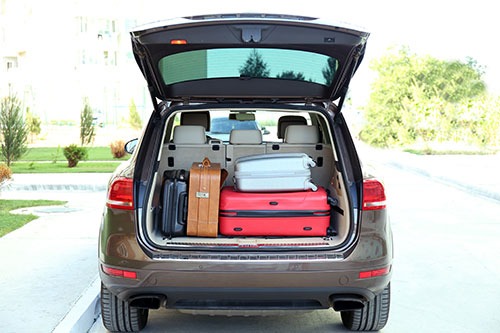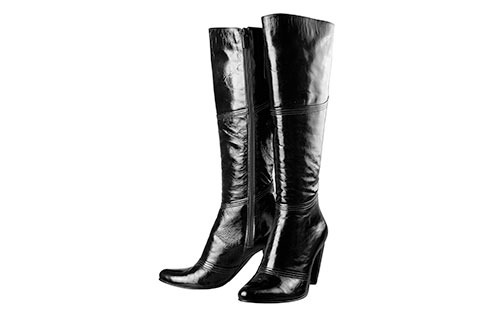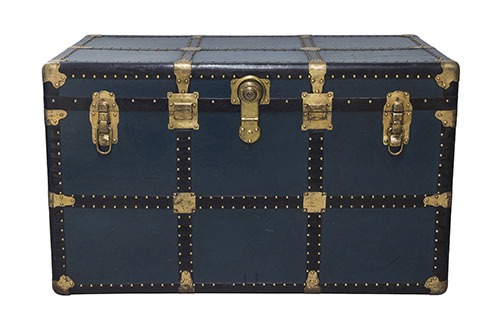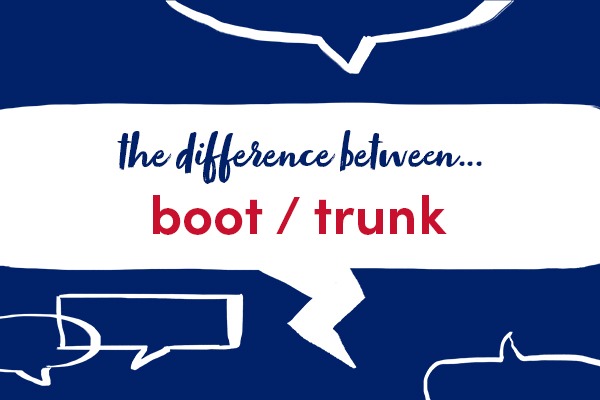This week we are looking at some words which can be used differently in British and American English: boot and trunk.
boot

In British English, the boot of a car is the covered space, usually at the back, where you put things such as luggage or shopping.
Is the boot open?
In American English, this part of the car is called the trunk.
We put our bags in the trunk.
A boot is also a type of shoe that covers your whole foot and the lower part of your leg.

trunk
Trunk also has other interesting uses:
- The trunk of a tree is the large main stem from which the branches grow.
There were toadstools growing on fallen tree trunks.

- An elephant’s trunk is its very long nose that it uses to lift food and water to its mouth.
An elephant’s trunk has close to 40,000 muscles.

- A trunk is large, strong case or box used for storing things or for taking on a journey.
He offered to help me carry the trunk upstairs.

Find out more in our English Usage article.
This blogpost is based on Collins COBUILD English Usage, written for learners of English. For more examples of English usage points, please visit: https://grammar.collinsdictionary.com/english-usage.
All opinions expressed on this blog are those of the individual writers, and do not necessarily reflect the opinions or policies of Collins, or its parent company, HarperCollins.



